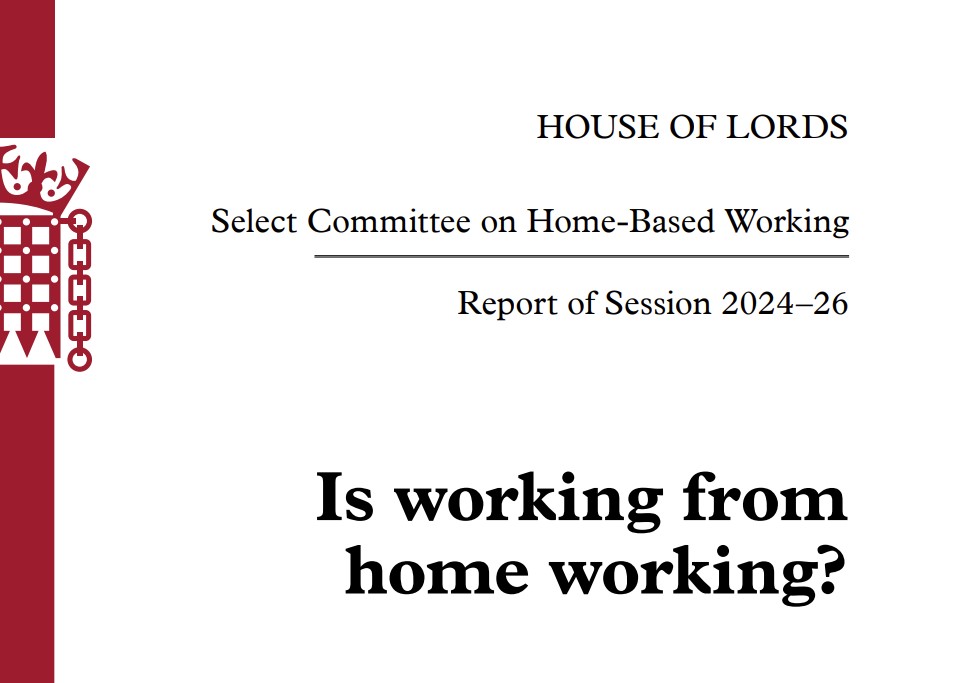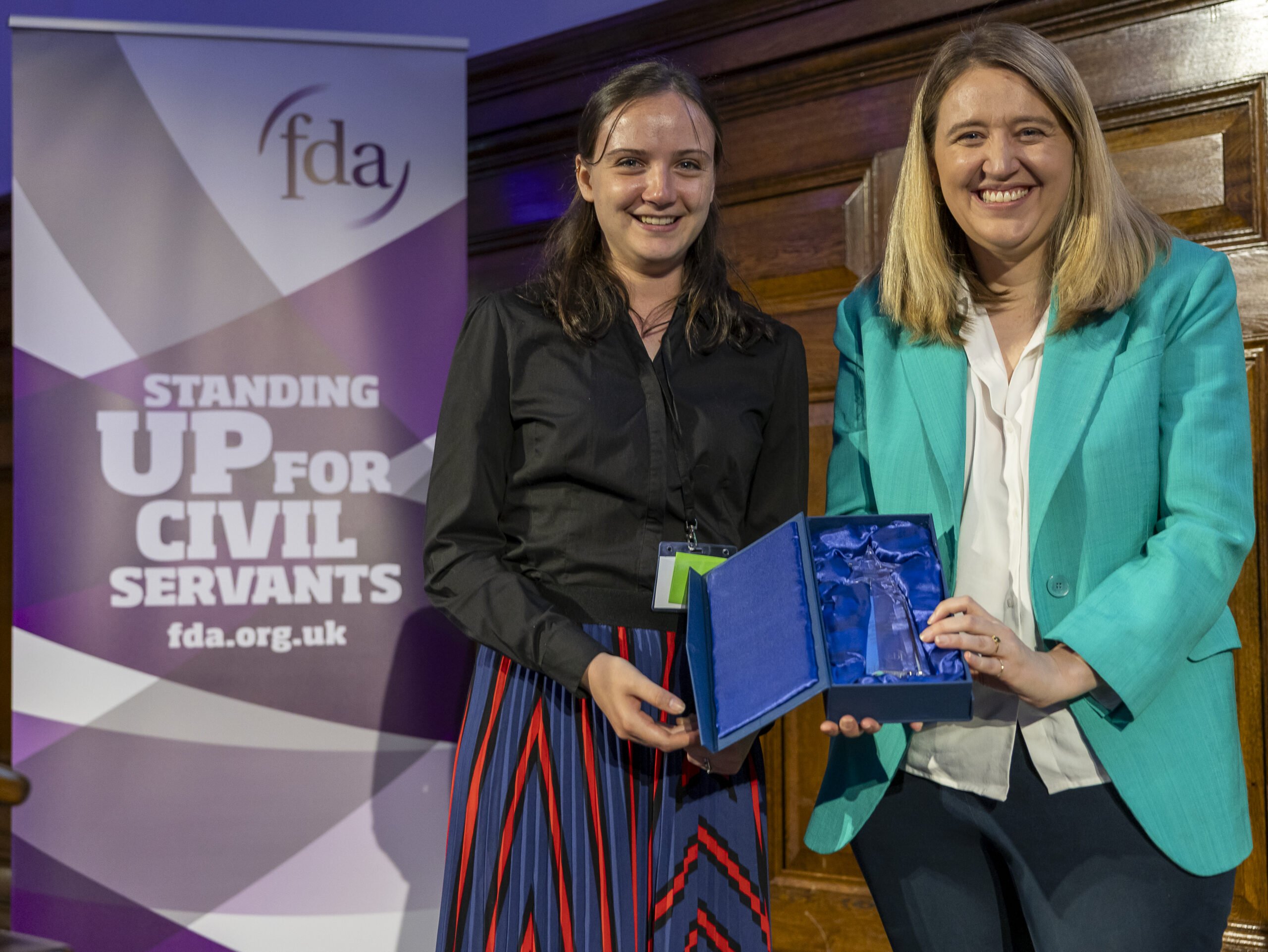Domestic violence: support and guidance
FDA Equality Officer Victoria Jones shares advice on the rising issue of domestic abuse.

Domestic violence doesn’t discriminate. It doesn’t matter if you’re a man or a woman, whether you’ve been with your partner five months, or five years, whether you’re in London or Liverpool. We’re in unprecedented times and the order from the government to stay at home can not only cause anxiety, but also raise real risks for those who have experienced or feel at risk of domestic abuse.
Sian Elliot, Women’s Office at the TUC, told us: “The restrictions on movement introduced to stop the spread of Covid-19 have created another crisis: a rise in domestic abuse.
“The National Domestic Abuse helpline has reported a 25% increase in calls since the coronavirus lockdown began, as well as a 150% increase in visits to their website.
“Domestic abuse is always a workplace issue. Trade unions know that work is often a place of safety for women experiencing domestic abuse. But at the moment, many workers are subject to stringent social distancing measures which mean they have to work from home, isolated from their support networks.”
Domestic abuse can come in a wide number of forms – coercive control, verbal or emotional abuse, physical violence or economic restriction, to name a few. Many, if not all, of the employers we work with have taken this opportunity to republish their advice for staff who are experiencing abuse themselves, or are concerned about a colleague. If you need support, the government have also published a comprehensive list of organisations who can help.
We’ve all been told the importance of regular communication since moving to working predominantly from home. For many of us, our colleagues will be the main source of interaction, outside of our immediate family. Keeping in touch is important for our overall wellbeing, but may also provide an opportunity for colleagues to share their experiences at home or for managers to spot irregularities. If you’re concerned about a friend or colleague, do follow your workplace policy or speak to your line manager. If working from home poses a risk for you, please do speak to your manager, or your union representative. Help is available.
If you haven’t seen guidance from your employer on domestic abuse, or if you think the guidance your employer has published needs updating, do get in touch with your local branch or section representative, or FDA National Officer. We’ll be able to ensure that guidance is up to the standard you expect.
The implications of this pandemic will be wide-spread, but the unions the FDA has been working with are keen to collaborate with charities and organisations who are experts in this area. We’ll be looking at ways we can work together to signpost and support potential victims.
The TUC have produced guidance for reps and members to help people spot signs, provide support and help stop abuse. You can find the resources here: www.tuc.org.uk/Covid19domesticabuse
If you’re in immediate danger call 999. If you can’t speak press 55 to be transferred to your local force who’ll be able to help without you having to speak.
Related News
-

Caring support: findings from the FDA’s 2025 carers’ survey
Five years have passed since the FDA last surveyed its members with caring responsibilities about the issues they face at work. FDA National Officer for Equality, Diversity, and Inclusion, Amelia Dowler, shares significant findings from our latest survey, and a preview of recommendations and guidance from the upcoming carers’ report.
-

Lords Committee report highlights lack of evidence behind civil service 60% office working mandate
A new report from the House of Lords Select Committee on Home-Based Working, which features evidence from the FDA, says the government should lead by example with good hybrid working practices within the civil service.
-

2025 Wendy Jones Equality Award winner: Chloé François-Oatway
Katherine Hutchinson speaks to the winner of the Wendy Jones Equality Award 2025, Chloé François-Oatway.